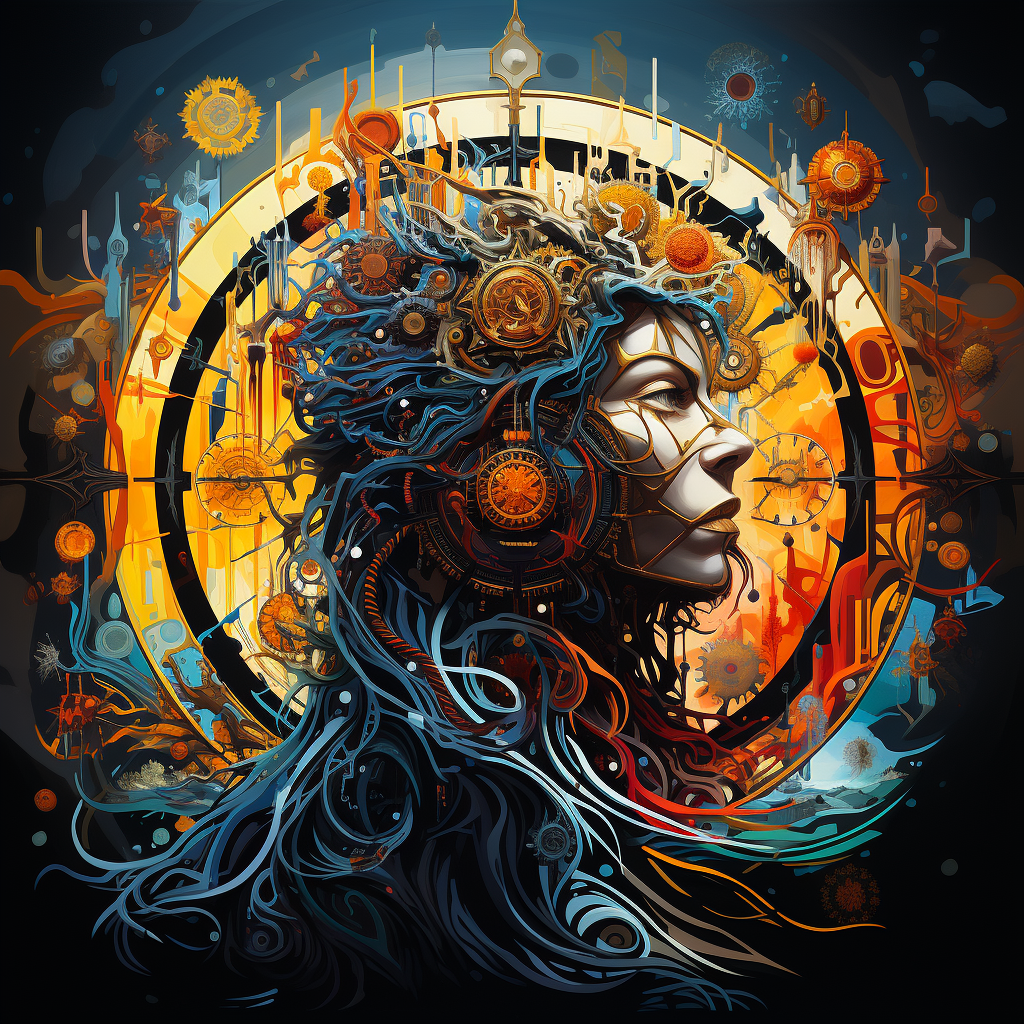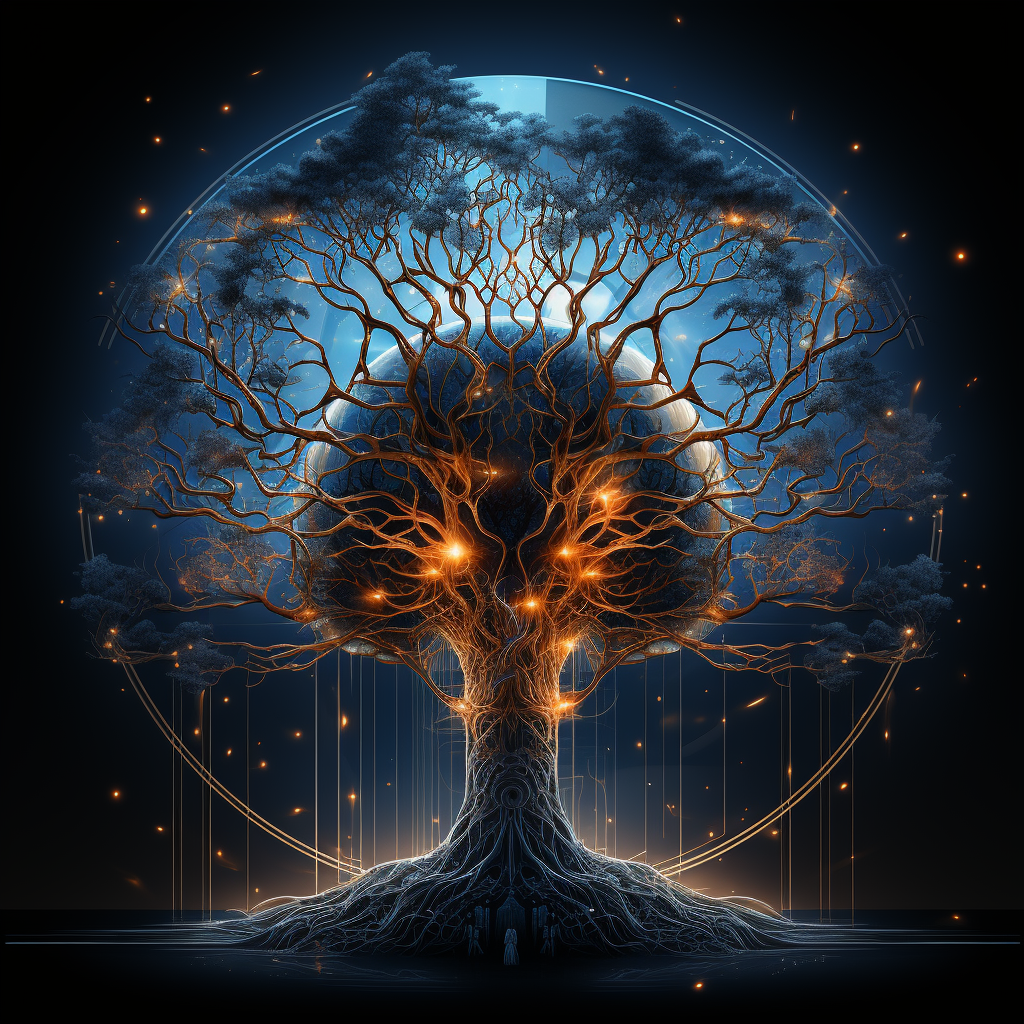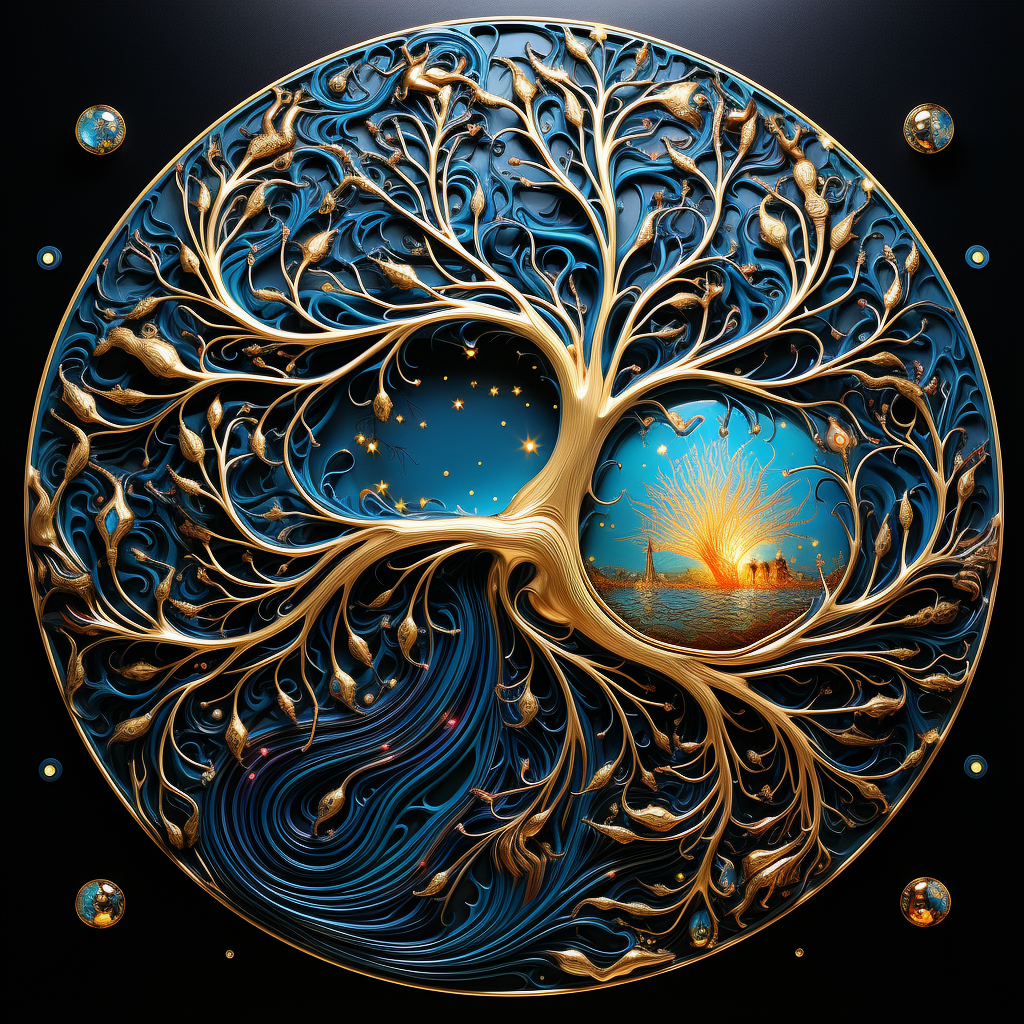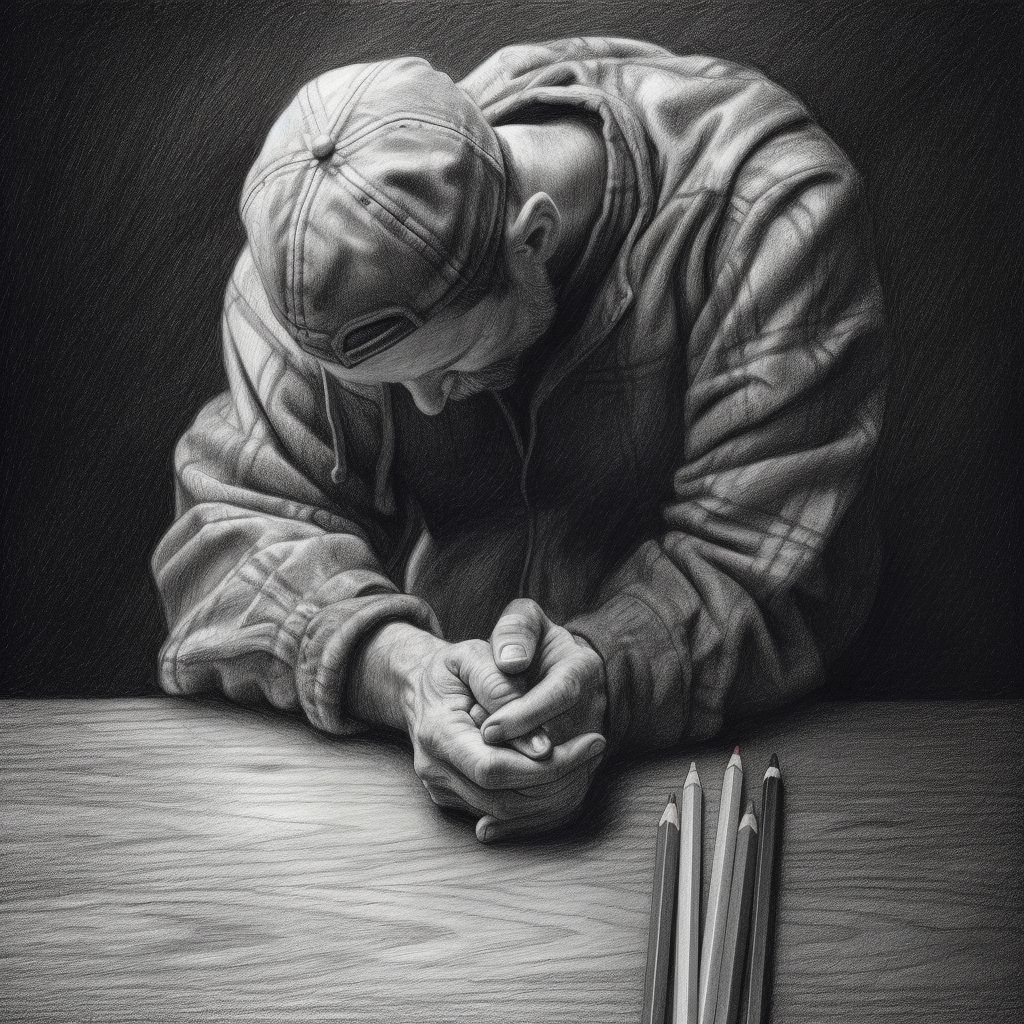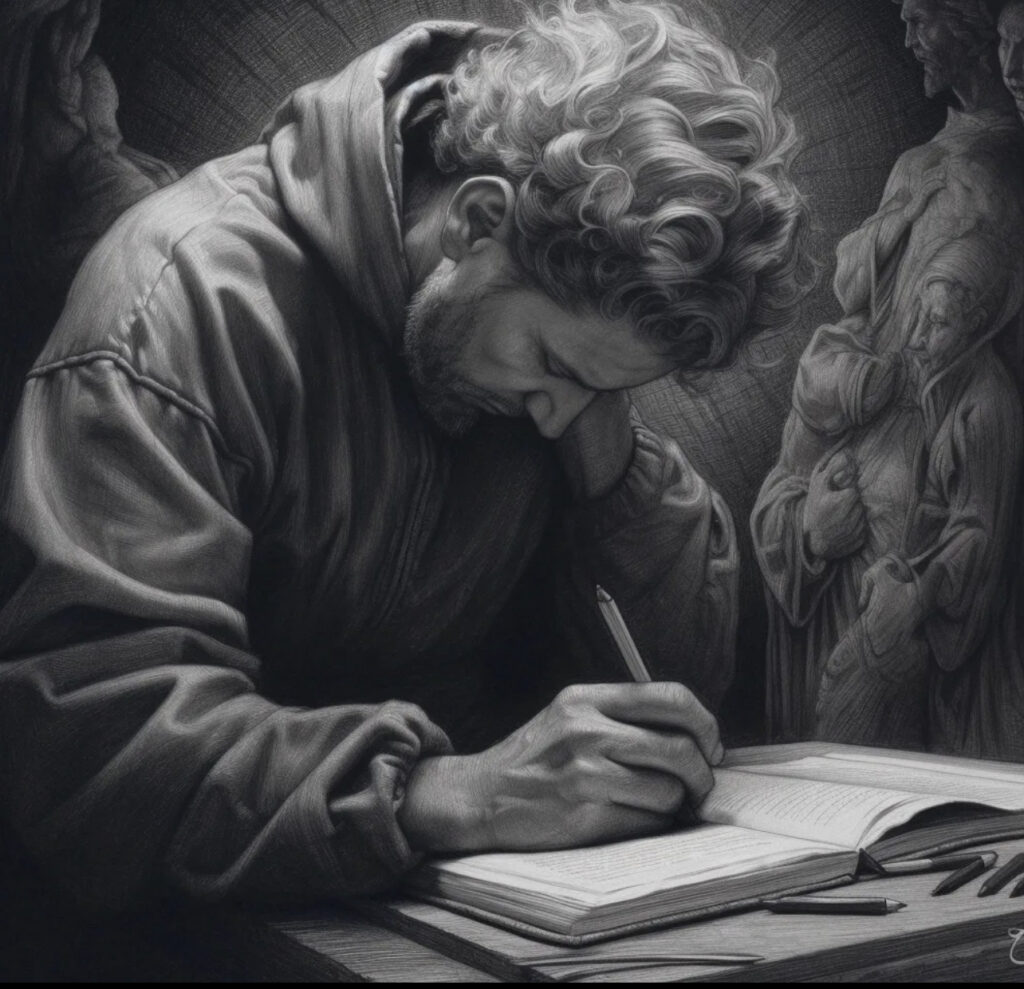Happiness Through Progress, Unhappiness Through Regress
There’s a profound simplicity in the concept that happiness stems from progress. It’s the forward momentum, the evolution of personal and collective growth, that induces a sense of accomplishment and joy. On the contrary, regress or backward movement, not only stalls development but also ushers in unhappiness, as it represents the loss of what was once achieved or attained.
Navigating through Life’s Falling Tide
“You cannot catch any fish unless you are in a falling tide.” This proverb encapsulates a significant life lesson about embracing challenges and uncertainties. The falling tide, symbolizing times of hardship or loss, surprisingly, opens up numerous unexplored opportunities. Not throwing your line into the water – an analogy for not taking risks or trying – is labeled as the sole mistake during these troubling times. It’s essential to “get all your line in the water,” implying an urgent need to explore, innovate, and remain open to possibilities, despite the surrounding chaos.
All Lines in the Water: Embracing Fullness of Life
To have “all line in water” implies an approach to life that is rich with exploration, risks, and a consistent pursuit of novel experiences. It signals a decision to live each day brimming with potential, ensuring not to dwell in the past or squander time unnecessarily. This doesn’t deny the legitimacy of suffering but instead appreciates the multifaceted nature of life.
Suffering is Sacred
The perception of suffering as sacred is both evocative and polarizing. It embodies the belief that through pain, one can discover depth, meaning, and perhaps, an unusual form of tranquility and acceptance. Suffering strips away superficialities, revealing what genuinely matters and thereby, becomes a peculiar avenue leading towards enlightenment and internal peace.
Four Idolized Substitutes: Money, Power, Fame, Pleasure
Human beings have often misguidedly substituted four primary idols – money, power, fame, and pleasure – in place of virtues and spiritual attributes. These idols mirror a void, a desperation to validate existence through external approval and material acquisitions. In a culture obsessed with these, the alignment of self-worth becomes perilously tied to transient and often, elusive markers of ‘success’.
Finding True North: Aligning with Genuine Values
In contrast, aligning with values that are intrinsically rewarding and not necessarily tied to external validation, as emphasized by Di Tran in the soon-to-be-released book “Drop the FEAR and Focus on the FAITH,” underscores a paradigm shift from fear to unbridled faith. Tran’s emphasis on placing unequivocal faith in the process of progress and delivering a wholehearted effort proposes that life, in return, aligns itself in a symphony of constructive outcomes.
In conclusion, navigating through life’s tumultuous tides demands a deliberate decision to engage fully, embracing both progress and suffering as inherent aspects of the human experience. Choosing to forsake the idolization of money, power, fame, and pleasure in favor of a pursuit steered by genuine faith and relentless progress seeds not just temporal happiness but a timeless, intrinsic joy that is unfazed by external circumstances.


